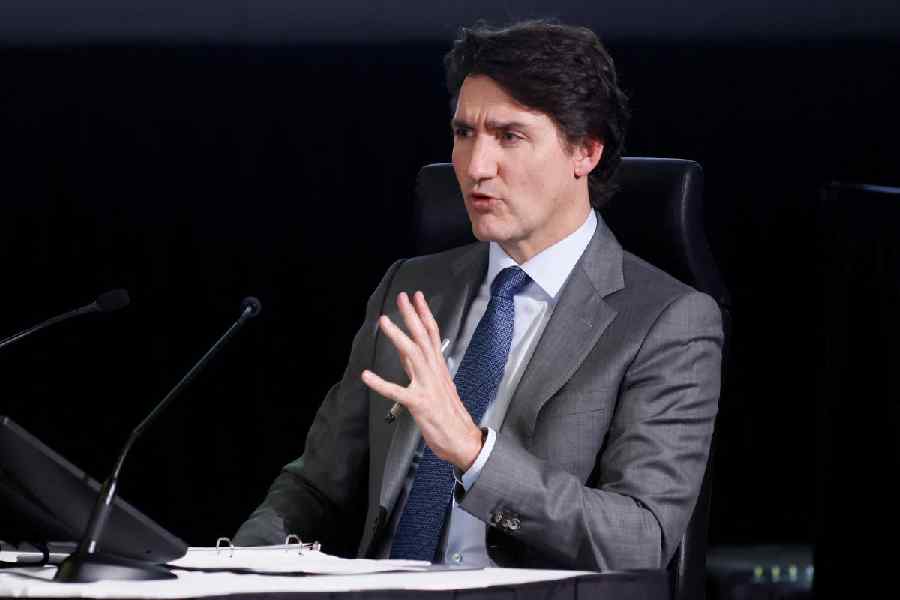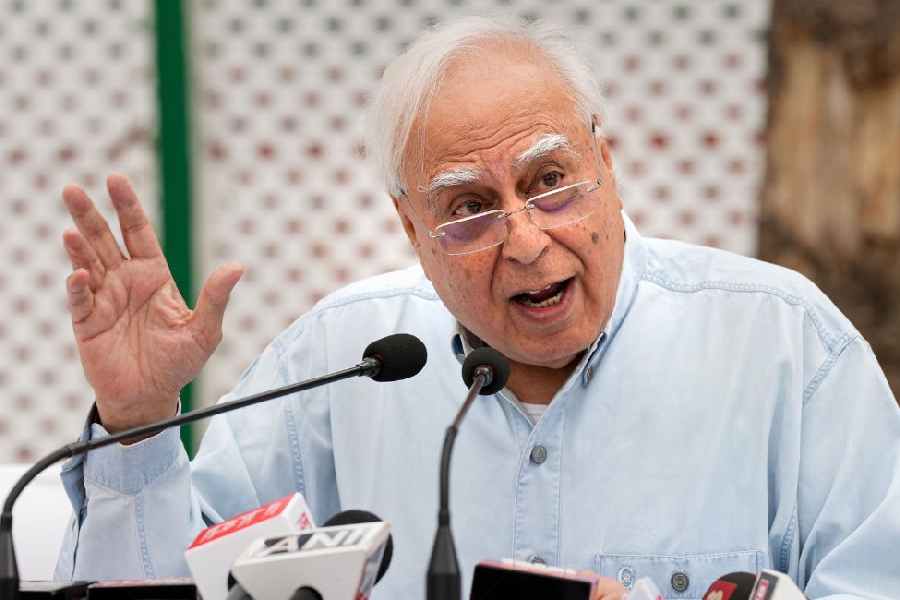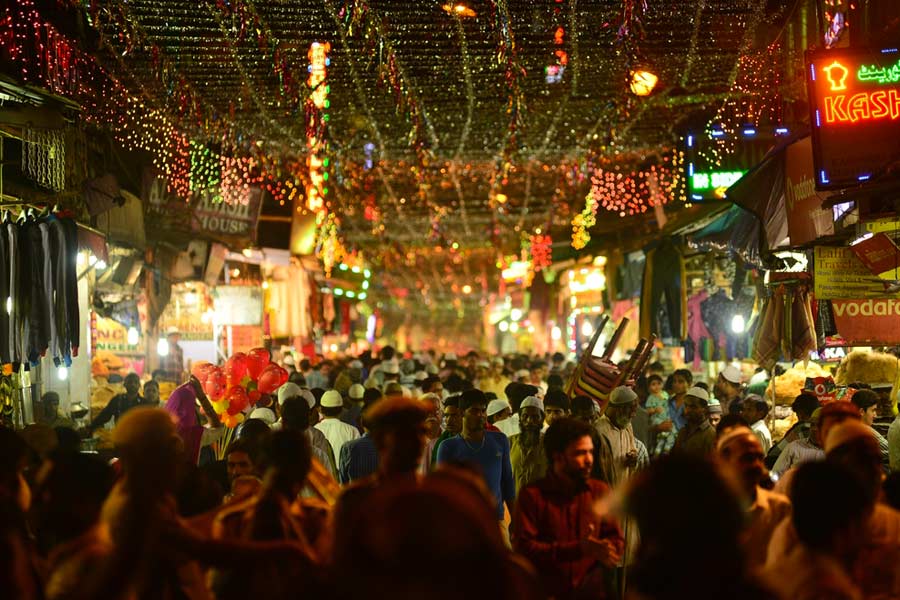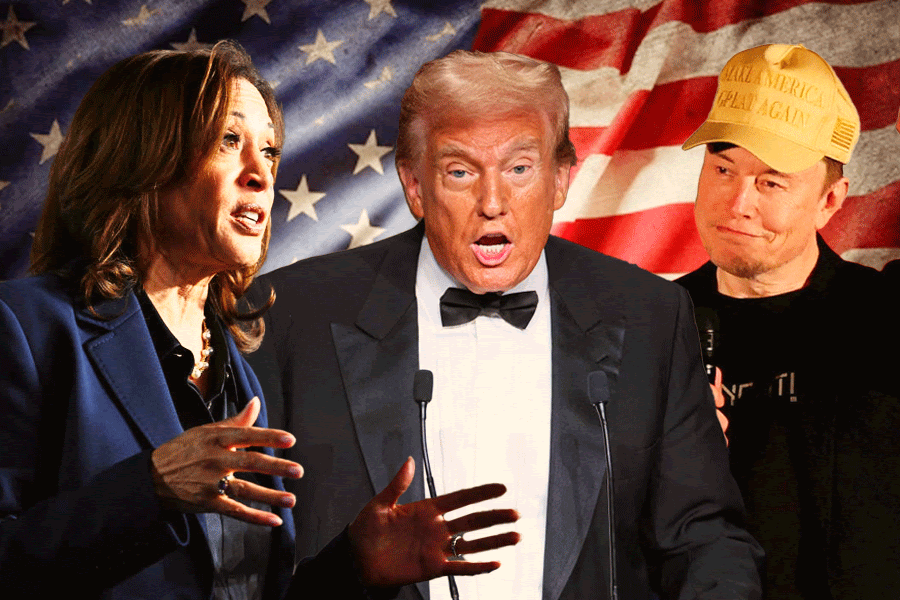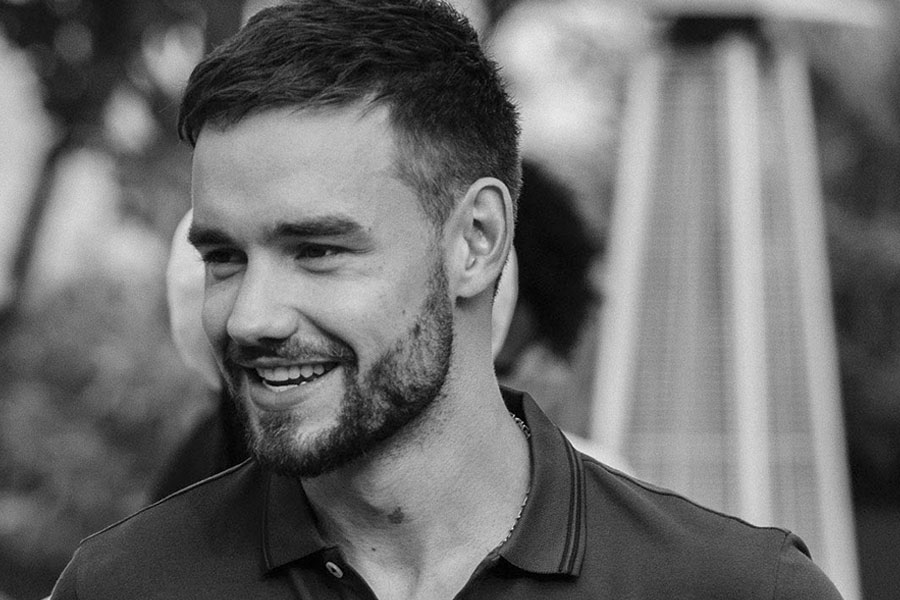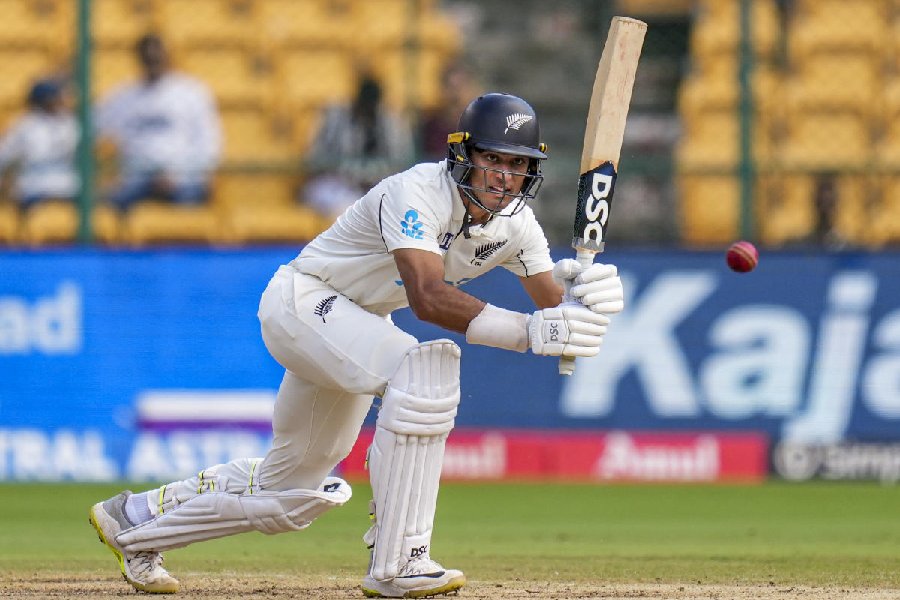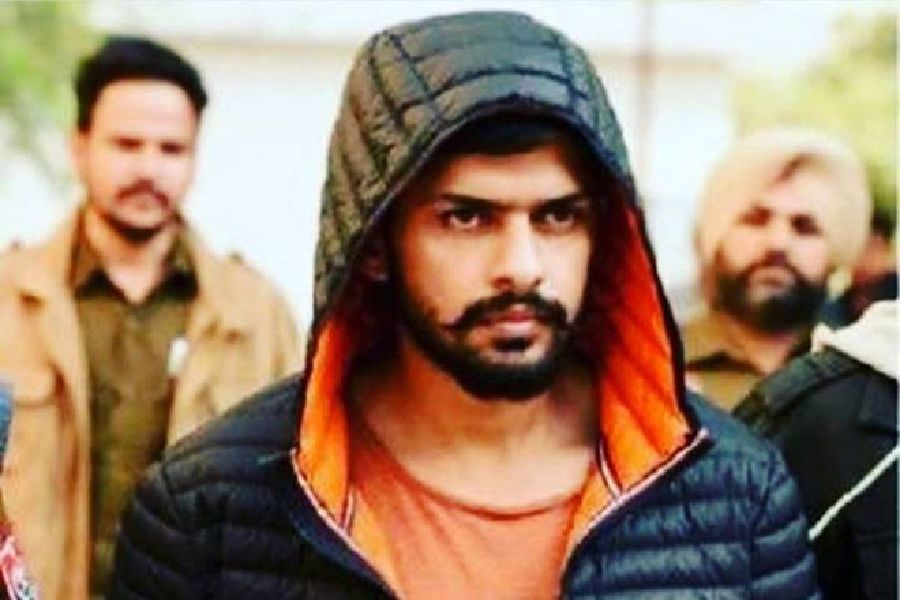India on Thursday used Prime Minister Justin Trudeau’s deposition before Canada’s Foreign Interference Commission to claim vindication of New Delhi’s position that Ottawa lacks evidence of Indian government involvement in Khalistani activist Hardeep Singh Nijjar’s murder in Canada in June last year.
Soon after Trudeau’s deposition was wrapped up, the external affairs ministry said in the wee hours of Thursday: “What we have heard today only confirms what we have been saying consistently all along — Canada has presented us no evidence whatsoever in support of the serious allegations that it has chosen to level against India and Indian diplomats.”
It added: “The responsibility for the damage that this cavalier behaviour has caused to India-Canada relations lies with Prime Minister Trudeau alone.”
What the ministry was relying on was a remark by Trudeau at the early stage of his deposition on the Nijjar assassination where he said: “At that point it was primarily intelligence, not hard evidentiary proof.”
Trudeau was referring to conversations with India in August last year -- two months after the murder and ahead of the G20 Summit in New Delhi.
He went on to depose that Canadian police had subsequently gathered evidence to back the allegation of an Indian government hand in violence, extortion and murder targeting the South Asian community.
Later on Thursday, at the external affairs ministry’s weekly briefing, spokesperson Randhir Jaiswal again referred to Trudeau’s deposition. This was in response to questions about Canada’s partners in the Five Eyes intelligence network – the US, the UK, Australia and New Zealand -- rallying round Ottawa and asking India to cooperate with the Canadian probe.
Jaiswal iterated India’s stated position that “the Canadian government has not shared any shred of information with us” since September last year, when Trudeau alleged in Canada’s House of Commons that there was an Indian government hand in Nijjar’s murder.
Trudeau, stating that Canada had the opportunity of making the G20 very uncomfortable for India by going public with these allegations ahead of time, added that “we chose not to” and, instead, tried to work behind the scenes. India wanted to see the evidence but at that time it was mainly intelligence.
Now, according to Trudeau, the Royal Canadian Mounted Police (Canada’s national police) have evidence tying Indian government agents to violence against Canadians.
“The decision by the RCMP to go forward with that announcement (on Monday) was entirely anchored in public safety, and a goal of disrupting the chain of activities that was resulting in drive-by shootings, home invasions, violent extortion and even murder across Canada, particularly in the South Asian community,” he said.
On Trudeau’s assertion that Canada adhered to a One India policy, Jaiswal said his actions spoke otherwise. He referred to the space Ottawa provided to Khalistanis who spoke about dismembering India.
In his deposition, Trudeau had said: “One India is official Canadian policy. And the fact that there are a number of people in Canada who advocate otherwise does not make it Canadian policy.”
He had added that it was legal to differ with official policy in Canada, citing free speech.
Canada and its Western allies – where Khalistanis have found space – contend they cannot be denied the freedom of speech as long as they remain non-violent.
While this has been a constant irritant in India’s relations with countries like Canada, the US, the UK and Australia, Ottawa has also been sitting on as many as 26 extradition requests from New Delhi for over a decade.
While Trudeau made it clear that Canada’s intent in expelling Indian diplomats was not to blow up the bilateral relationship but maintain public safety by disrupting and dismantling their network, India stressed bilateral ties that run deep.
Asked about the future of the relationship, Jaiswal said: “Frankly, India-Canada ties, economic ties are very strong and vibrant. We have a lot of Canadian pension funds which are invested here; we have a large Indian diaspora in Canada which is a bridge through which we maintain very strong people-to-people links with Canada; we have possibly the largest cohort of international students in Canada as well.”
He added: “This crisis has been precipitated by (the) Trudeau government’s baseless allegations. Canada is a major beneficiary of all these strong linkages.”

